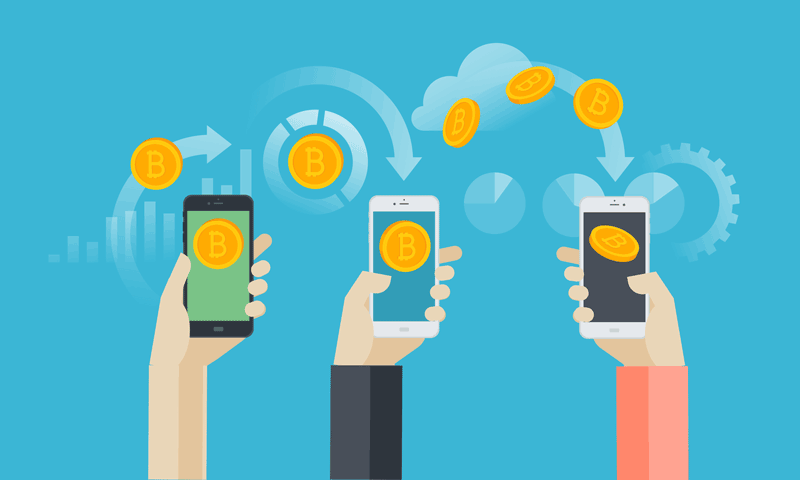Andre Stoorvogel, Director, Product Marketing, Rambus Payments
Since the publication of “Bitcoin: A Peer-to-Peer Electronic Cash System”, cryptocurrencies have evolved from the plaything of cyberpunks, to an increasingly mainstream phenomenon worth billions today.

But as Marc Kenigsberg, founder of Bitcoin Chaser, said, “Blockchain is the tech. Bitcoin is merely the first mainstream manifestation of its potential.” The blockchain is so much more than just cryptocurrencies. It offers a wealth of opportunities for virtual assets in a broad range of sectors and organizations.
New custodians
Although financial institutions have traditionally been reticent about cryptocurrencies, around 91% expected to invest in blockchain solutions in 2018. Digital identities, cross-border payments and trade finance, to name just a few, are all areas where customer trust can be built, and efficiencies found. (Source: IBM)
It is the securities industry, however, that is perhaps poised for the most disruption.
Securities trading is a complex business, using manual processes that seem antiquated in today’s instant economies. Tokenizing traditional assets such as commodities, stocks and bonds and placing them within the blockchain can enable simpler, more secure clearing, settlement and custody processes.
Securing data. Any data.
Industries reliant on the creation, maintenance and distribution of sensitive personal data can also benefit from blockchain deployment.
For example, healthcare data including medical records, audits and research can be protected to ensure compliance and data safety.
In the insurance sector, policy placement, subrogation and claims management can be simplified and encrypted on the blockchain. And in real-estate, the technology can be leveraged to maintain a public record and hold sensitive data such as land titles, property ownership and escrow needs.
Proving provenance
Logistics and supply-chain management have long been touted as the most powerful use-cases for blockchain technology. The ability to demonstrate and track the provenance of an item of value has applications across all industries.
In retail, the ability to record each step in a product’s lifecycle – from creation, to purchase, to delivery – can deliver huge benefits to both the retailer and consumer.
Think about the food industry. ‘Food fraud’ has emerged as a real problem in a globalized economy, making it extremely difficult for retailers to accurately authenticate claims made about an item. Was it really grown there? Is it organic? Have pesticides been used? Blockchain can bring back trust to the supply chain by creating an immutable digital trail.
Blockchain – it’s time to act
While the potential for forthcoming use cases is great, future blockchain implementations must learn from the high-profile mistakes highlighted following the theft of billions in cryptocurrencies.
The hacks and breaching of crypto-exchange security in recent years – which have related to the storage of keys used to access blockchain assets and not the technology itself – have drawn the spotlight on all blockchain implementations. While the technology’s potential is great, levels of trust in cryptocurrencies must first increase.
Once this is achieved, the blockchain will be in a position for mass-deployment and will truly revolutionize the world as we know it.
Interested in learning more about securing crypto assets on the blockchain? Download the Rambus eBook series now.

Leave a Reply